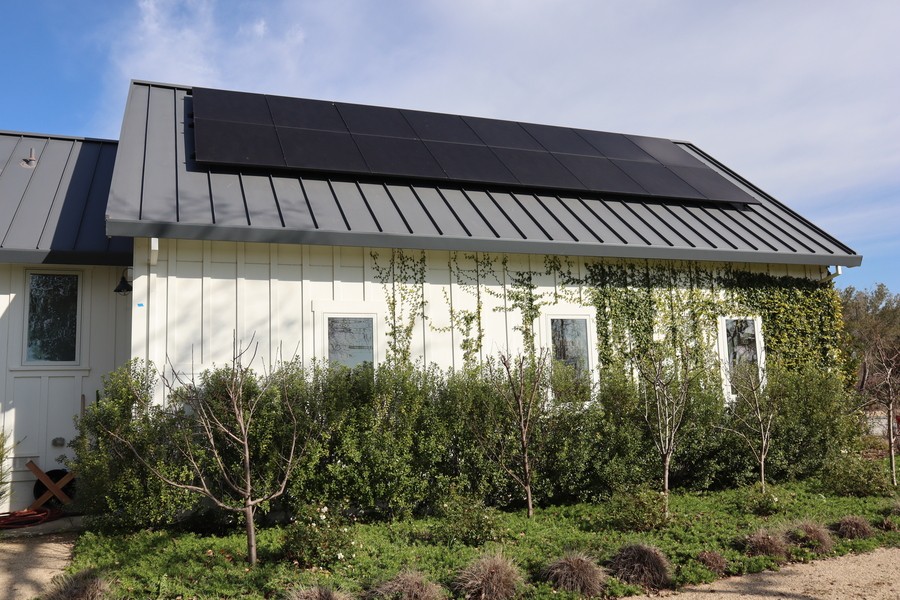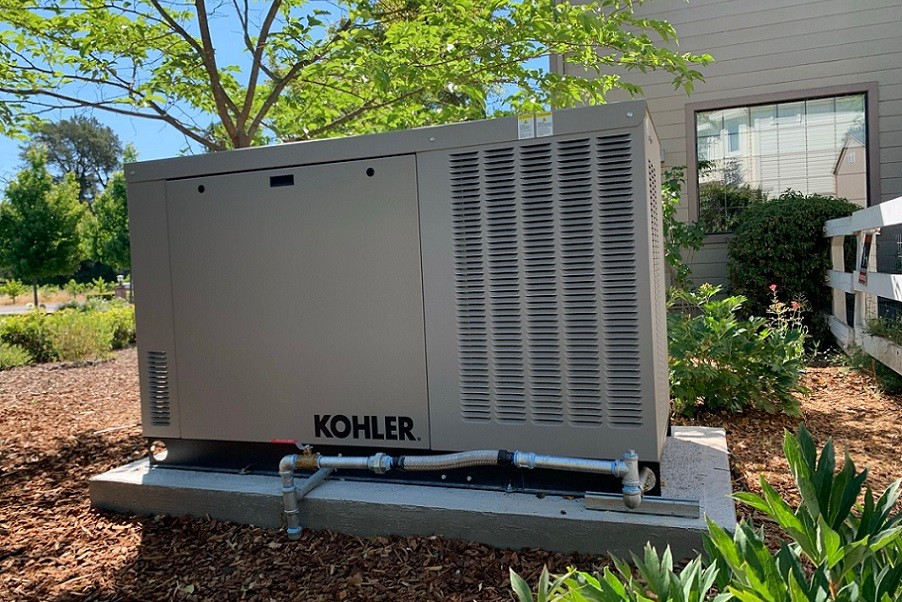Are You a Contractor Who’s Rebuilding Homes Lost to Fires? Here’s What You Should Know
Sonoma, CA, and surrounding areas have been devastated by fires for the past two years – while also dealing with the strain of the pandemic. As a general contractor or architect, we’re sure you’ve heard some tragic stories of Bay Area residents losing their homes to fire and needing you to help them rebuild all or part of their residences.
When you get assigned these projects, you’re building more than just a new place to live for fire victims. You’re helping them rebuild their lifestyle and setting them up for renewed success.
Though open-air forest fires get the most national attention, electrical fires pose risks. Make sure you’re positioning your rebuild clients for safe, reliable electric setups. We’ll give you a few pointers below, so stay tuned.
SEE ALSO: 5 Warning Signs Your Home May Have Electrical Problems
Design and Engineering
Proper safety in electrical setups requires extensive planning. We advise homeowners to show us their preferences for where they might want lighting, AV, and more, even before we all meet up for the electrical walk-through. This includes a blueprint of where we might put fixtures, display and sound equipment, and furniture. We’ll also look at preferred locations for light switches, outlets, and home automation panels.
Here’s where our collaboration comes in handy. After we discuss the design of our client’s home, we can meet with them to walk through our recommendations. You’ll be able to help us by showing us where you plan to install architectural details like beams and rafters, so we can better understand what we’ll have to avoid when running wires.
















